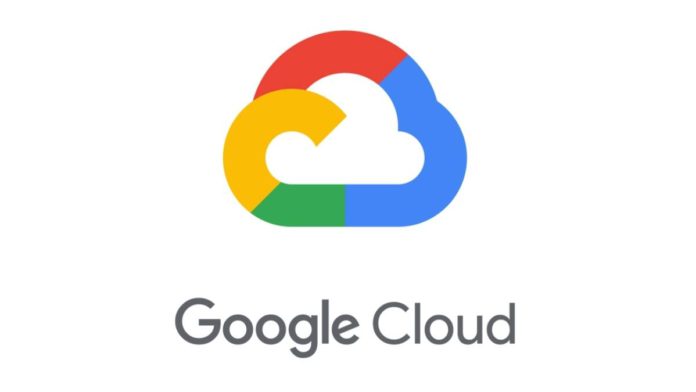After pioneering the use of artificial intelligence and computer vision in many of its applications, Google Cloud unveils a new AI-powered Medical Imaging Suite to overcome challenges in the development of imaging tools.
Until now, healthcare providers and imaging centers have either procured software from IT companies, image repositories, or a third-party vendor; or they had to build customized algorithms with image classification tools.
Jeff Cribbs, a distinguished analyst and the VP of Gartner, explained the constrained choices and added that with Google Cloud’s Medical Imaging Suite, the company is taking forward its low-code AI development in healthcare-oriented applications.
Read More: Intel’s self-driving company Mobileye files for an IPO
Ginny Torno, director of innovation and IT clinical and research services at Houston Methodist, said,” This Google product provides a platform for AI developers and facilitates image exchange.” She highlighted that the development is not inherently unique but offers an edge over the others because of interoperable opportunities others are not capable of providing.
Google claims that Medical Imaging Suite addresses many typical issues companies have while creating AI and machine learning models with components like:
- Cloud Healthcare API: With automated DICOM de-identification, the API offers a fully controlled, scalable, enterprise-grade development environment.
- Nvidia and Monai’s AI-assisted annotation tools, which are natively integrated with all DICOMweb viewers, automate the difficult and repetitive process of annotating medical pictures.
- Access to BigQuery and Looker for petabytes of image data for advanced analytics.
- 80% fewer lines of code for modeling with the use of Vertex AI to speed up the construction of AI pipelines.


